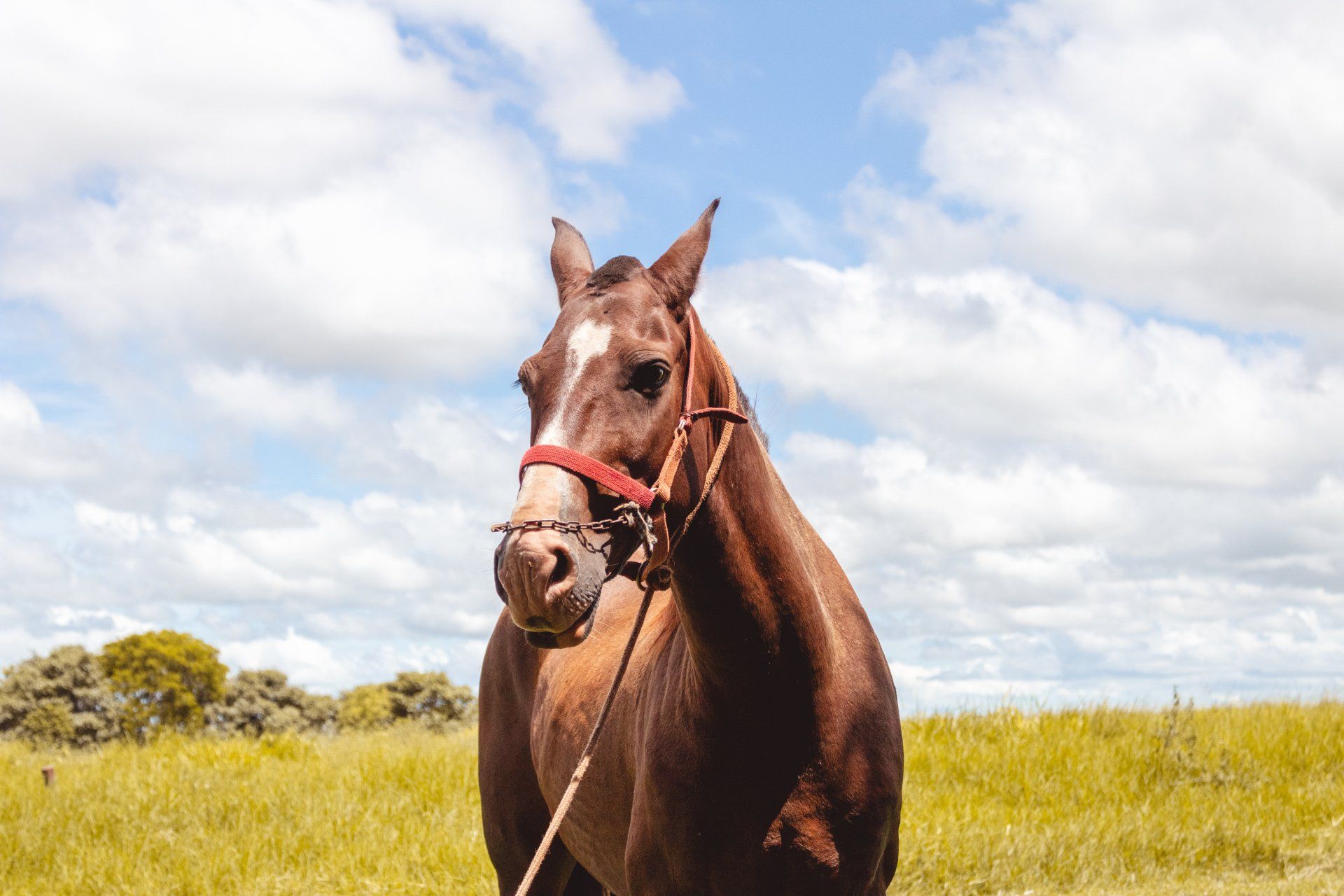Palliative Care
Palliative Care in Veterinary Medicine
Pet parents are often faced with the issue when a beloved animal companion is faced with a terminal illness and is nearing the end of his or her life. With palliative care, we focus on the patient’s comfort, as well as allowing the family to be able to have as much time with their beloved friend. This is also a good chance for family and friends to gain a little closure at the end of life of their pet. In this article, we want to focus upon Palliative care, which is often referred to as hospice care. Palliative care provides those with a serious or chronic illness – from the time of diagnosis throughout the course of treatment – care that optimizes quality of life by anticipating, preventing, and managing suffering.
We often get asked the question: "How do you know when it is time?" There is not a clearly defined set of standards, but many things can help to evaluated quality of life. Roger Brambell’s Five Freedoms help with maintaining good quality of life and may be helpful when trying to decide on the appropriate time for the family to make the final decision for their beloved pet. The Five Freedoms outline five aspects of animal welfare under human control. They were developed in response to a 1965 UK Government report on livestock husbandry, and were formalized in 1979 press statement by the UK Farm Animal Welfare Council. These timeless principles apply today, as well as when they were developed in 1965.
Brambell’s Five Freedoms
Freedom From Hunger/ Thirst:
Inappetence is often very distressing for owners. When body weight is not being maintained due to lack of appetite, there are things we can try. First is to make sure there is no underlying medical issue that could be causing the inappetence, such as a urinary tract infection. If no underlying medical issues are present, there are appetite stimulants and anti-nausea medications that can be administered.
Freedom From Stress & Fear:
One common stressor is the inability to breath regularly. Labored breathing is very stressful to our pets. There are sometimes medications or procedures that can be done to resolve labored breathing; such as bronchdilators, diuretics, or removing fluid from the lungs. Another source of stress and fear is hospitalization or hospital visits. Side effects from certain drugs or procedures can cause stress, such as nausea from chemotherapy. When in hospice, the owner and veterinarian should be in contact at least monthly. This may be in the form of a hospital visit or via phone. The veterinarian and staff make every effort to provide low stress visits to every pet that comes in, especially when coming in for euthanasia.
Freedom From Discomfort:
Discomfort can come in a variety of ways, such as having a suitable environment. This includes shelter and a comfortable resting place. Some of things to consider are:
1) Moving your pet in out of the weather, whether it be hot or cold.
2) Not letting your pet become dirty with urine and feces. Some pets become incontinent/ are unable to hold their urine or bowel movements anymore. Others may simply be unable to get up to either go to the bathroom outside or move so that they are not laying in the excrement.
3) Providing a soft place to lay for those aching joints.
4) Providing a ramp instead of stairs also helps with pets that have decreased mobility and joint pain.
Freedom From Pain, Injury & Disease:
Pain significantly decreases a pet’s quality of life. Pain management is very important in palliative care. There are a lot of medication choices to keep your pet from having chronic discomfort. Many of these medications can be given in combination to control the pain. At some point, there are times that a pet can get so much pain that we are unable to control it. At that point, quality of life diminishes greatly. We must also keep our pets safe. Depending on their mobility, falling down stairs or off beds & couches can cause issues, such as fractured bones. Heated beds can come in quite handy for comfort.
Freedom To Behave Normally:
The ultimate goal of palliative care is to allow our beloved pets to continue living a good quality life at home, doing the things they enjoy. One thing you can do to monitor the quality of life in this category is to make a list of 3-5 favorite activities your pet enjoys doing. With this list, monitor how often they are able to enjoy doing these activities. When your pet is unable to do the activities they enjoy, quality of life is diminished.
In addition to therapies mentioned above, there are alternative treatments that can have positive effects to help with quality of life. These treatments include laser therapy, massage, essential oils, acupuncture, stretching, chiropractic, and therapeutic swimming.
If your beloved pet is in need of palliative care, talk to your veterinarian with these concerns. Your veterinarian may be able to help if your pet improve quality of life in any of these categories. You veterinarian will also be able to help you notice when quality of life is diminishing.
Palliative care is a good way to keep your pet comfortable for as long as you can and give you a little extra quality time with them.
Article written and submitted by Jenn Brown R.V.T.
Edited and published by Dr. Jeffrey R. Fink













